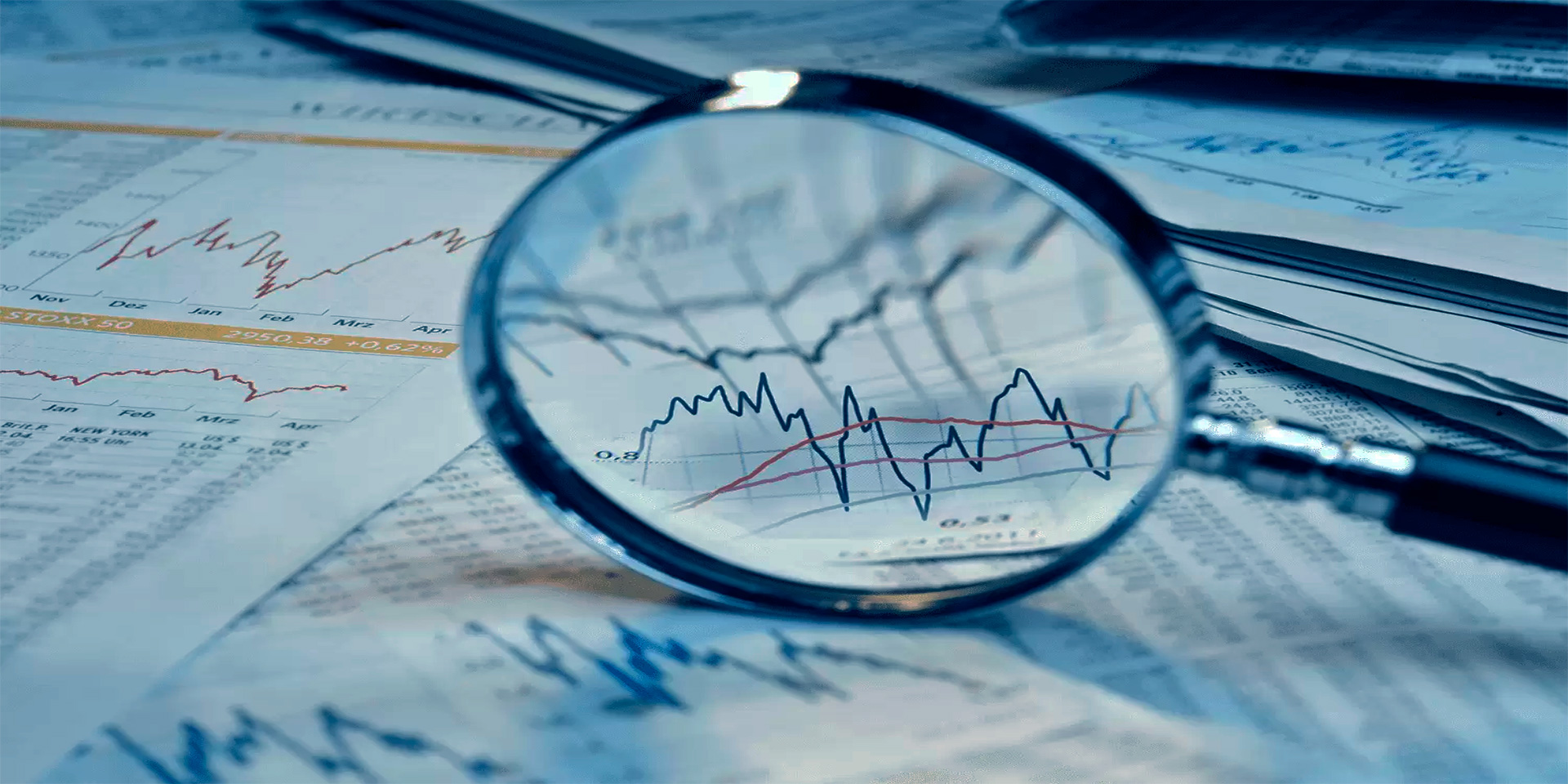Critical Metals Powering the 21st Century Economy
Critical metals like titanium, lithium, and aluminum play pivotal roles in the evolution of modern economies. From powering industrial advancements to driving clean energy transitions, these materials influence global markets and redefine economic strategies. Their unique properties make them indispensable across sectors like aerospace, electronics, and renewable energy, while their rising demand underscores their significance in shaping economic policies.




